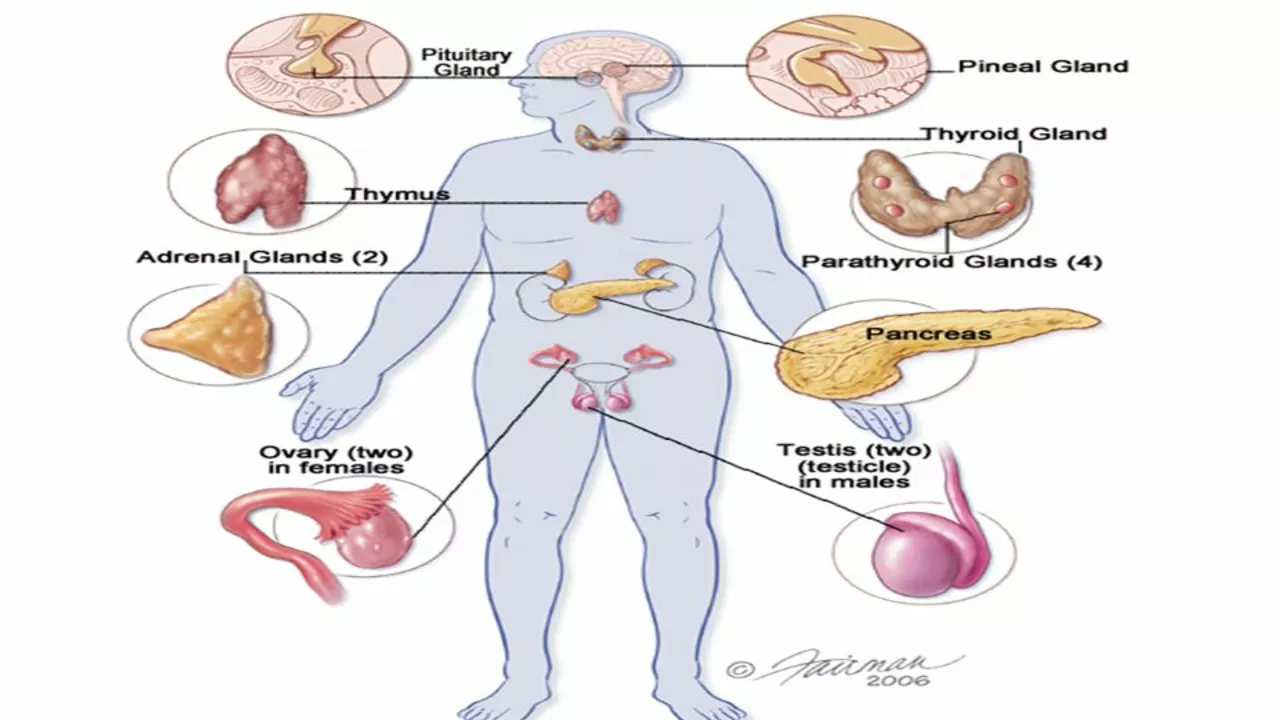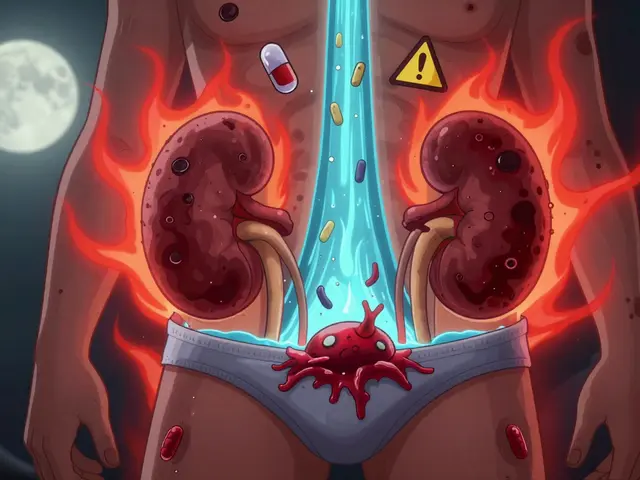Hyperprolactinaemia — what it is and why it matters
High prolactin levels can change your periods, libido and fertility. It can also cause unexpected breast milk, tiredness, and sometimes headaches or vision changes if a pituitary growth presses on nearby structures. The good news: many causes are treatable once you and your doctor find the reason.
Causes & symptoms
Common causes include certain medicines, underactive thyroid, strains to the chest wall, and prolactin-secreting pituitary tumours (prolactinomas). Some antipsychotics, antidepressants, and gut medicines raise prolactin. Symptoms differ by sex: women often get menstrual changes, infertility and milk discharge; men may notice low sex drive, erectile problems, or reduced energy. Small rises in prolactin are often medication- or hormone-related. Very high levels more often point to a prolactinoma, but lab quirks like macroprolactin can also show a false high result.
Diagnosis and practical next steps
Start with a single blood test for prolactin—and yes, pregnancy must be ruled out first. Try to test in the morning, and avoid strenuous exercise or breastfeeding right before the blood draw. If the level is up, your doctor will review your medicines and check thyroid function. Many labs also screen for macroprolactin; if that’s present, no treatment may be needed.
If bloods stay high or symptoms suggest a pituitary issue, an MRI of the pituitary gland is the usual next step. Imaging shows small tumours that might need medical or surgical attention. Don’t stop prescription medicines on your own—some require tapering or safe switching under supervision.
Treatment starts with the easiest fixes. If a drug is the cause, switching or adjusting it can normalize prolactin. When a prolactinoma is the issue, doctors usually try a dopamine agonist first. Cabergoline and bromocriptine are common picks. These drugs shrink most tumours, restore normal hormones, and often stop milk production. Expect some side effects like nausea, dizziness, or low blood pressure at first—many wear off. Very rarely, high-dose or long-term use has been linked to heart valve changes in conditions other than prolactinoma; your doctor will discuss any need for monitoring.
Surgery is an option when medication fails, isn’t tolerated, or when a large tumour threatens vision. Radiotherapy is rarely used today but is another tool for persistent cases. While on treatment, doctors will recheck prolactin levels and may repeat MRI scans to watch tumour size. If you want to get pregnant, talk to your specialist—many people can conceive safely after adjusting treatment.
Practical checklist before your visit: bring a list of all meds (including over-the-counter and herbal), note menstrual or sexual changes, and record symptoms like headaches or vision issues. Ask the clinician about medication side effects, monitoring plans, and how treatment affects fertility. If you notice milk leakage, missed periods, or a sudden drop in libido, get tested sooner rather than later.
Hyperprolactinaemia is common and manageable. With clear testing and the right plan, most people see real improvement. If anything feels off, start by talking to your GP or an endocrinologist—early steps make a big difference.
The Role of Hyperprolactinaemia in Hormonal Imbalance
In my latest blog post, I explored the role of hyperprolactinaemia in hormonal imbalance. Hyperprolactinaemia is a condition where the body produces excessive amounts of prolactin, a hormone responsible for milk production and regulation of the menstrual cycle. This overproduction can lead to several health issues, such as irregular periods, infertility, and even mood swings. I discovered that various factors, including stress, medications, and medical conditions, can contribute to this hormonal imbalance. Understanding and managing hyperprolactinaemia is crucial for maintaining our overall health and well-being.






